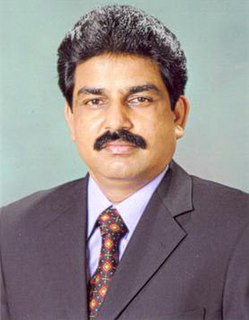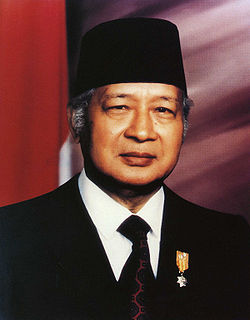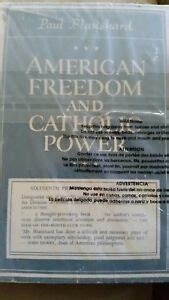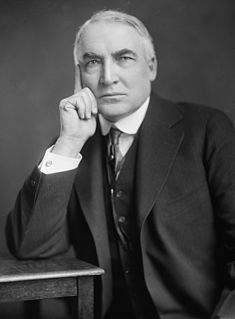A Quote by John Stuart Mill
The great writers to whom the world owes what religious liberty it possesses, have mostly asserted freedom of conscience as an indefeasible right, and denied absolutely that a human being is accountable to others for his religious belief. Yet so natural to mankind is intolerance in whatever they really care about, that religious freedom has hardly anywhere been practically realised, except where religious indifference, which dislikes to have its peace disturbed by theological quarrels, has added its weight to the scale.
Quote Topics
About
Absolutely
Accountable
Added
Anywhere
Been
Being
Belief
Care
Conscience
Denied
Dislikes
Disturbed
Except
Freedom
Great
Great Writers
Hardly
His
Human
Human Being
Indifference
Intolerance
Liberty
Mankind
Mostly
Natural
Others
Owes
Peace
Possesses
Practically
Quarrels
Realised
Really
Religious
Religious Belief
Religious Freedom
Religious Liberty
Right
Scale
Theological
Weight
Whatever
Which
Whom
World
Writers
Related Quotes
The lessons of religious toleration - a toleration which recognizes complete liberty of human thought, liberty of conscience - is one which, by precept and example, must be inculcated in the hearts and minds of all Americans if the institutions of our democracy are to be maintained and perpetuated. We must recognize the fundamental rights of man. There can be no true national life in our democracy unless we give unqualified recognition to freedom of religious worship and freedom of education.
I think religious freedom is part of the U.S.'s policy and Congress mandated the creation of the U.S. Commission on International Religious Freedom. So it is important that the U.S. focus in dialogue, development projects, cooperation with Pakistan and other countries to give more importance to religious freedom issues.
Religious freedom is often referred to as America's first freedom. Our country was founded by religious exiles and built on the belief that God has given all people certain inalienable rights. Government's role in society is to protect these rights and ensure that we are safe from religious persecution and discrimination.
Everyone talks about religious liberty, but no one believes it. So let us be blunt about it: we must use the doctrine of religious liberty to gain independence for Christian schools until we train up a generation of people who know that there is no religious neutrality, no neutral law, no neutral education, and no neutral civil government. Then they will get busy in constructing a Bible-based social, political, and religious order which finally denies the religious liberty of the enemies of God.
It goes with the passionate intensity and deep conviction of the truth of a religious belief, and of course of the importance of the superstitious observances that go with it, that we should want others to share it - and the only certain way to cause a religious belief to be held by everyone is to liquidate nonbelievers. The price in blood and tears that mankind generally has had to pay for the comfort and spiritual refreshment that religion has brought to a few has been too great to justify our entrusting moral accountancy to religious belief.
It is the duty of all men in society, publicly, and at stated seasons, to worship the SUPREME BEING, the great Creator and Preserver of the universe. And no subject shall be hurt, molested, or restrained, in his person, liberty, or estate, for worshipping GOD in the manner most agreeable to the dictates of his own conscience; or for his religious profession or sentiments; provided he doth not disturb the public peace, or obstruct others in their religious worship.
Religious liberty in a nation is as real as the liberty of its least popular religious minority. Look not to the size of cathedrals or even to the words on the statute books for proof of the reality of religious freedom. Ask what is the fate of the Protestant in Spain, the Jew in Saudi Arabia, the Arab in Israel, the Catholic in Poland or the atheist in the United States.
My belief is that the various religious traditions have great potential to increase compassion, the sense of caring for one another, and the spirit of reconciliation. However, I believe that a human being, without religious faith, can be a very good person - sincere, a good heart, having a sense of concern for others - without belief in a particular religious faith.







































